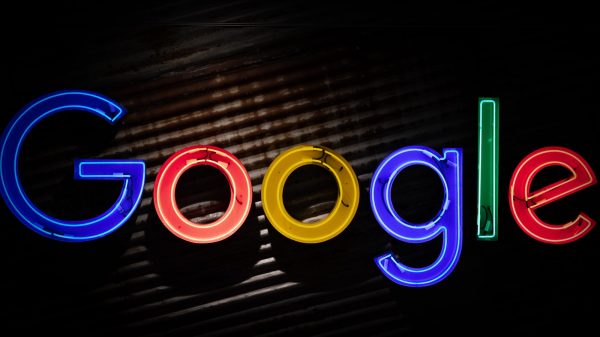We missed this earlier: The Kerala High Court dismissed a review petition filed by Google Incorporation to expunge certain observations made in the HC’s verdict regarding the publication of judgments online and the right to be forgotten.
The HC’s comments focused on two points:
- “Safe harbour principles available to [Google] as intermediaries cannot be a defence to honour the fundamental rights of citizens.”
- “Google can, with the aid of AI [Artificial Intelligence] tools, identify data [like judgements online] and remove it from online.”
Essentially, the court said that the right to be forgotten cannot be claimed in case of recent judgements. However, people have the right to ask for some information about them to be removed from the internet if it is old.
Recognising the right to be forgotten as a fundamental right, it said in the earlier judgement that Google cannot ignore these rights, and “that Google cannot claim itself as a mere intermediary.”
STAY ON TOP OF TECH POLICY: Our daily newsletter with the top story of the day from MediaNama, delivered to your inbox before 9 AM. Click here to sign up today!
What was Google’s contention?
Google in its plea said that the court made a mistake when it said that Google is not just a middleman (intermediary). Stating that this claim contradicted the court’s earlier observation which recognised Google as an intermediary, it asked that these statements be removed from the judgement.
In response to this, the court said, “We make it clear that such observation was made only with reference to the claim based on fundamental rights and not with reference to any normal activities of Google referable to Information Technology Act and the relevant Rules.”
Further, it pointed out that Rule 3(d) of the Information Technology (Intermediary Guidelines and Digital Media Ethics Code) Rules, 2021, requires intermediaries to remove content based on a court order.
“It is clear that our observations do not run contrary to the statutory scheme,” said the court.
Why does this matter?
Safe harbour laws have famously protected intermediaries and platforms from being held liable for third-party content. So, it is a matter of importance for companies that the High Court is directing platforms to take people’s fundamental rights into consideration. Last month, Minister of State for Information Technology Rajeev Chandrasekhar even raised questions on whether safe harbour should exist at all and if so, who should be entitled to it. Such thinking, be it by the legislature or the judiciary, also shifts the onus of protecting people’s rights onto companies rather than the government.
Use of AI tools was just a suggestion, says High Court
Regarding the idea that Google use AI tools to identify and locate data, the court said it was
only a suggestion and in no way binding on Google.
“These are all matters which will have to be decided in future in the absence of any legislation, in appropriate litigation,” said the court before disposing of the plea.
Kerala High Court’s earlier moves to protect privacy
A day before the abovementioned incident came to the surface, the High Court issued a data privacy notice stating guidelines when collecting or holding personal data of individuals like name, house name, etc. According to Live Law, the data will be used for the “administration of justice” in a fair manner that goes with the directives from the High Court and the Supreme Court of India.
It also established a grievance redressal mechanism for complaints related to personal data. Like in the above case, the court said that the right to be forgotten cannot apply to current or recent proceedings in an open court justice system. However, it said it will allow deletion or erasure of data in appropriate cases. For family and matrimonial cases, the court said the registry would not publish any personal information in any form, if so requested by the parties.
This post is released under a CC-BY-SA 4.0 license. Please feel free to republish on your site, with attribution and a link. Adaptation and rewriting, though allowed, should be true to the original.
- Here’s What Kerala HC Said About Google’s Role In Right To Be Forgotten Cases
- Want Publications To Delete Your Personal Data? Only In Certain Cases, Kerala HC Says
- The Government, The Platform, The Individual: Who’s Responsible For Keeping The Internet Safe? #NAMA
- “Should There Be Safe Harbour At All?”: 30 Talking Points From The Digital India Act Consultation






























